The Rebelle Rally is a 7 day, 1,200 mile, mainly off-road rally spanning from South Lake Tahoe to the Glamis Recreational Sand Dunes in Imperial Valley, CA. In this article, I4WDTA certified trainer, participant and veteran wheeler, Nena Barlow, talks about her experience in terms of the importance of teamwork and communication when tackling this challenging venture. Read on, these principles apply to all of us whether on an overlanding trip or during our day to day interactions.
The nature of true teamwork is being open to what others bring to the table, objectively identifying each other’s strengths and weaknesses and working together to create a plan to take advantage of each other’s strengths and overcome weaknesses. I learned a lot about teamwork leading up to and during the Rebelle Rally. Though I can only imagine what other teams experienced, what I can share are some specifics that my teammate, Kande Jacobsen and I, experienced and figured out together.
It goes without saying that no Rebelle team could have finished without teamwork. I am always in wonder at how the things we learn are usually not the things we expect to learn. One of the things that was so fun about the rally were the cool things I learned from my partner Kande. I am one of those who says “No one ever knows it all” and “learn something new every day,” and I can honestly say that I learned things from her that had never occurred to me before.

photo credit: Tim Calver
I can’t say this without laughing, but she was a great coach for teaching me how to dress and eat. Seriously! First, I have always been a natural-fiber t-shirt and jeans or cargo pants kind of girl. Kande enlightened me to the miraculous technology of synthetic fibers. Not only were they lighter and quick-drying, but also helped with my dilemma of packing space. We knew we did not want to haul heavy bags of our week’s worth of clothes in and out of the truck every night. Kande said leggings were more comfortable and easier to pack than jeans and cargo pants. She looked at me with a deadpan stare when I said I needed pockets for my credit cards and license and phone and stuff. “You will be carrying those on you during the rally?” Oh, yeah, huh. Leggings it was! I was all in, and even embraced the loudest print patterns I could find.
Then there was the food. I had recently become aware of my body’s disagreement with dairy products, but Kande was adamant about us eating high-protein, non-bloating foods, and just all around healthy. Though I enjoy quality foods, I am known to live on peanut M&M’s and pretzels if that is what is convenient. Kande insisted on healthy, low-sugar, high-protein snacks, and she was right. I never felt that afternoon crash like I do when snacking on carbs and sugar all day. The only crashes I had were the morning that I gorged on Drew’s scrumptious pancakes, instead of the high-protein and fruit breakfasts I had been sticking to, and then the other kind of crash—the morning I crashed the truck, but that is an different and not diet-related story.
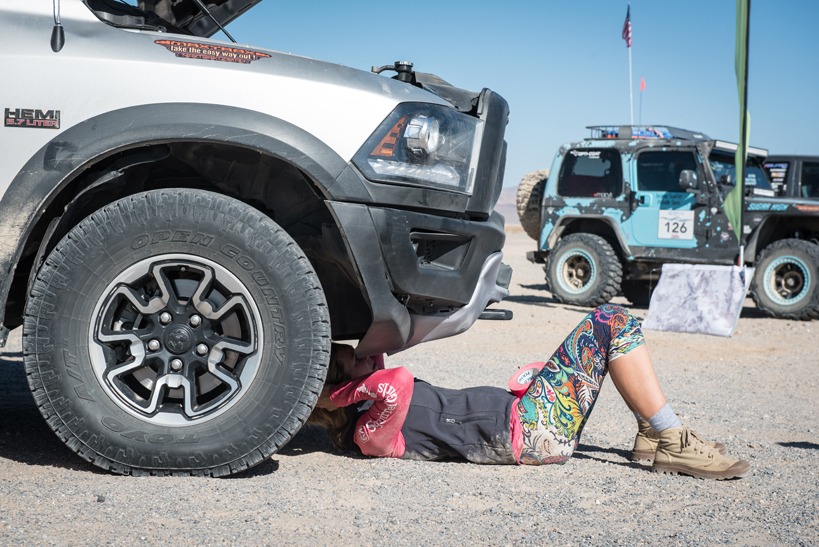
I admired Kande’s unflagging determination to plot coordinates as absolutely accurately as possible. While I have always adhered to a horseshoes and hand grenades attitude towards navigation, Kande never lost her patience for checking and double-checking every line or dot on that map. It was my role to compute any math and set time parameters for reaching checkpoints, and calling it off if I couldn’t drive the terrain we had planned or had not reached a checkpoint by the turnaround time required to reach the critical green checkpoints. We respected each other’s roles and reassured and uplifted each other when we made mistakes.
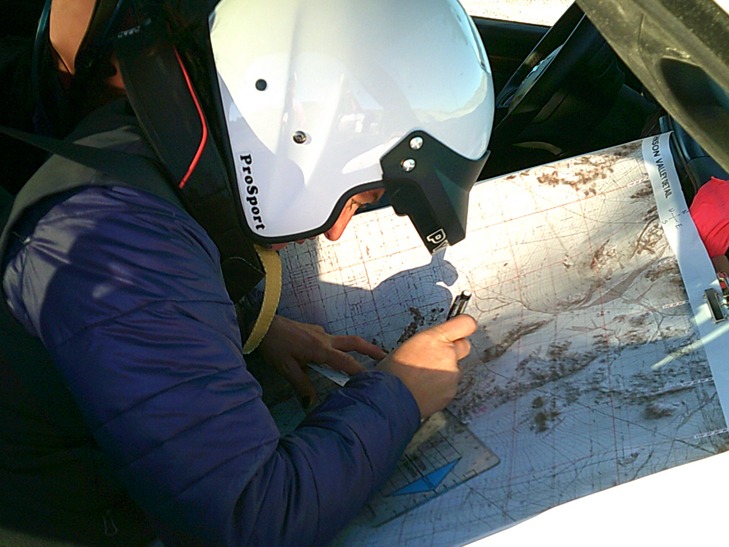
We made it a priority to take care of each other. Kande knew that I could not make complicated decisions or calculations before sunrise, and that I needed chocolate around 3 pm each day. I knew that Kande needed meat on a regular basis, and to keep her away from sugar and red dye. Another thing I did to help Kande perform her job was to hold the magnifying glass for her while she plotted coordinates. We are both well north of 40 and the old eyes needed both reading glasses and a Hubble-sized magnifying glass! Was this tedious? Yes. Was it necessary for us to be as accurate as possible? Yes.
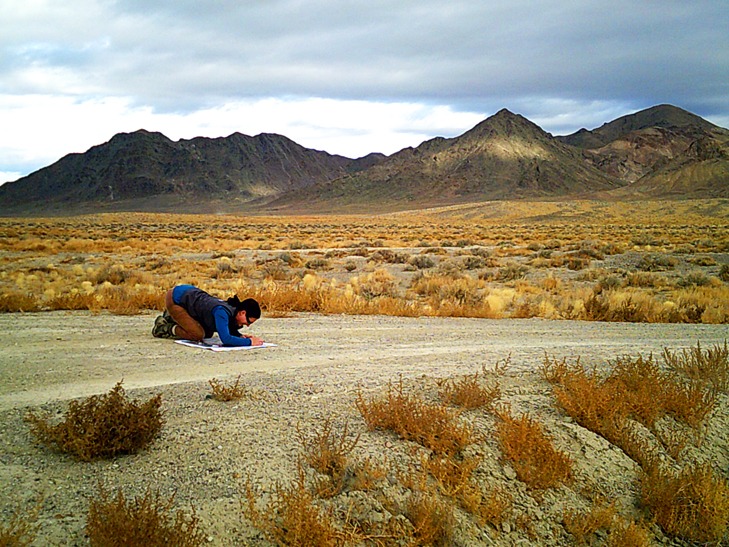
We had planned as much as we could in advance—everything from packing to snacks, to who would handle what aspects of the trip. As with any trip, there were many things we had to figure out on the fly. Once we saw the pace we would need to keep in order to compete effectively, we had to make some decisions and adjustments. For example, I took on the job of the heavy lifting. I loaded all of our gear in the truck each morning.
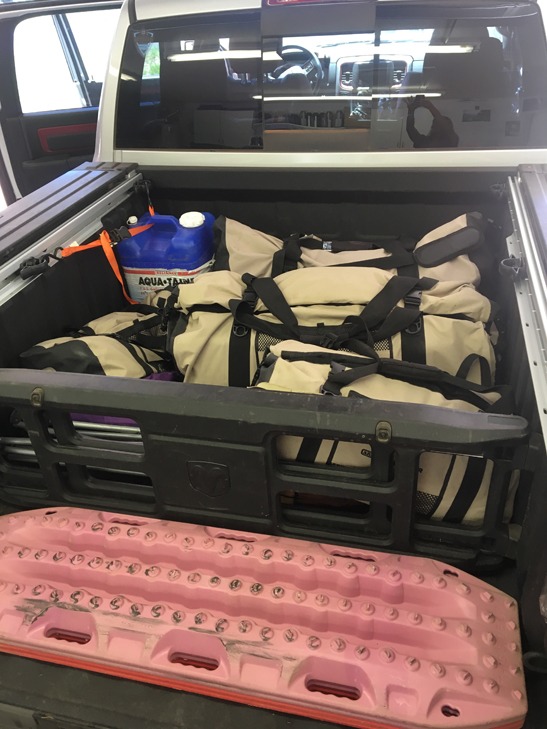
We had originally thought to do our map plotting in the morning in the tent at one of the big tables, but quickly found that there was more space and fewer distractions to have Kande sit in the truck to plot. She took on the role of rounding up all the day’s food. she had purchased and arranged our snacks, and she also decided it should be her to pick up our sack lunches each morning. When we reached checkpoints, it became my role to jump out and record the tracker, while Kande used every spare second we had parked to do more plotting. These roles were decided upon once and never discussed again all week. We respected each other’s roles and let the other person do their job. It proved an efficient time saver.
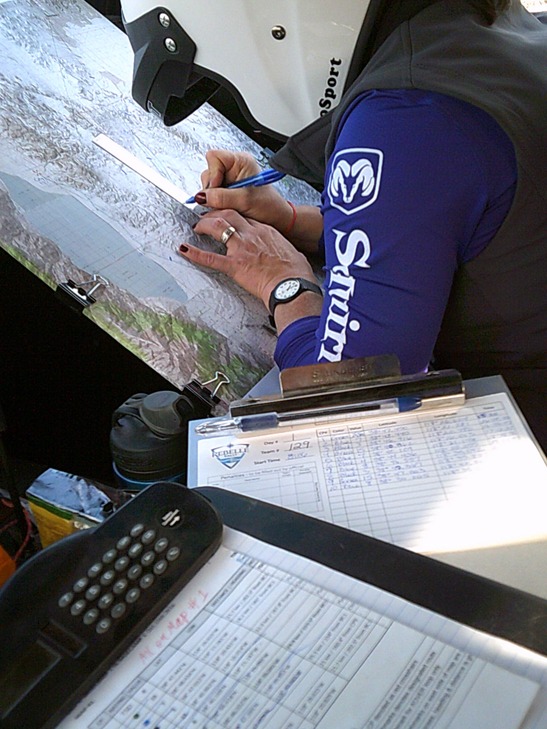
Were there mistakes? Oh yes, we both made a lot of mistakes, and we each had our moments of doubting ourselves, but we made the effort to encourage and lift each other up, shake it off and move forward. The hardest for us was Day 4, Dumont Dunes. That was the day I wrecked the truck. We thought we were finished in the dunes and I let my guard down. It took over an hour for us to regain composure and reassure ourselves that we, and the truck, could continue.
We were determined to pick it up. We went on to nail our next black checkpoint (The most challenging and difficult checkpoints to navigate. They yield the highest points.). We went from the low to that high, then back to low when it took us until well after dark to find base camp that night. Though both of us were in pain, exhausted, and hungry, Kande was absolutely certain she knew where we were and had us on track to find camp. Though much of our rally navigating was a team effort throughout the day, at that point I was totally lost. I put my trust in her and just drove where I was told. We did get to base camp, rested, recovered, put it behind us and went on to have a great Day 5.
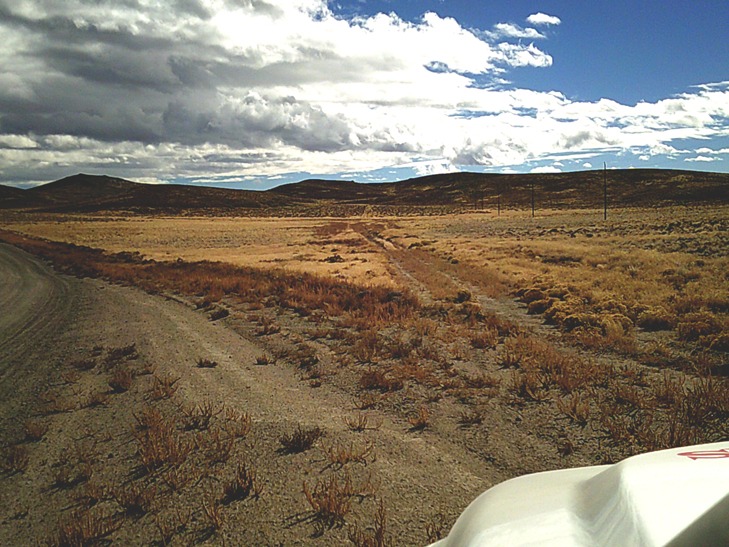
Teamwork means supporting each other, and not blaming when things go wrong, but committing to learn what you can from mistakes, getting over it and moving forward. There will always be moments when you are feeling low or when your teammate is feeling low. That is when it is critically important to dig deep and find that positive and supportive thing to say or do. Focus on how wonderful it will be to cross that finish line together. Laugh as much as you can. Give it everything you have–don’t hold back.
By Nena Barlow: Rebelle Rally participant, International 4WD Trainer Association certified trainer, and owner of Barlow Adventures
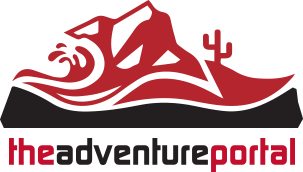





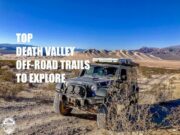
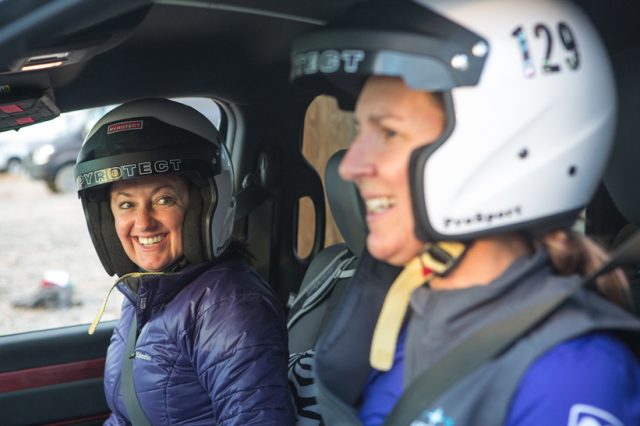



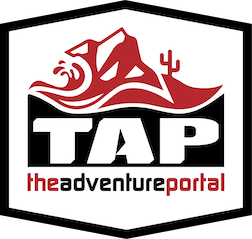



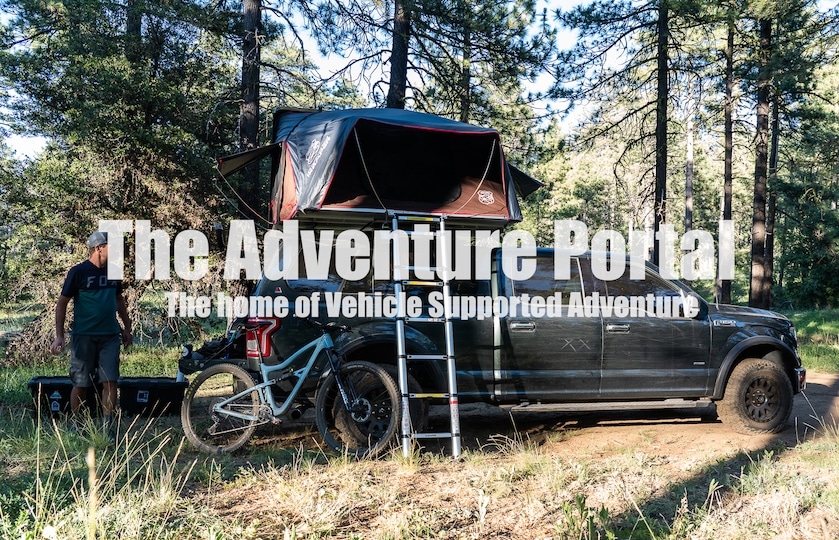
great article, Nena! xo meli
That’s my girl!
The Mama